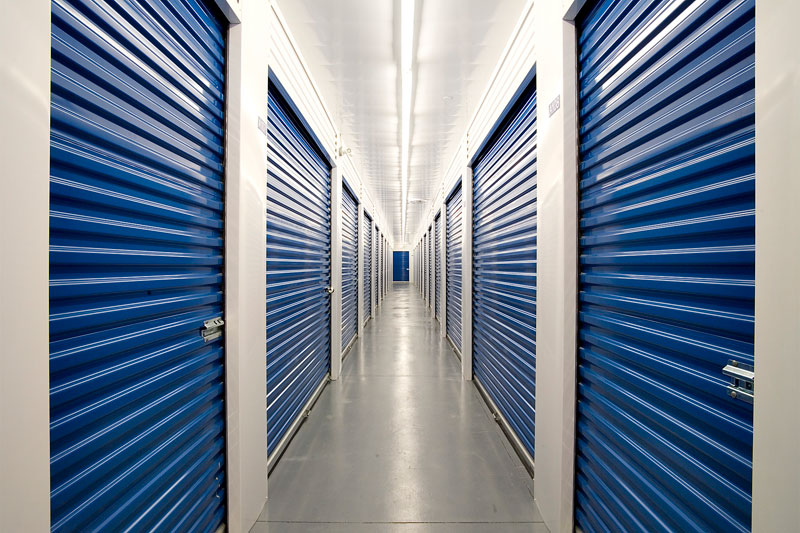Interested in the pursuit of happiness? Take a few minutes to watch the video by artist and animator Steve Cutts.
Watched it? You’ll realise Cutts is an extremely sharp observer and critic of human society.
He paints a dark picture of the human pursuit of happiness. Far from finding real happiness, all our pursuits are temporary and doomed to fail. Whether it is consumer electronics, a brand new car, alcohol or drugs, nothing leads to lasting happiness. We always need stronger and stronger doses, or to switch to a heavier means of finding happiness. In the end, our desire to be happy – and chase money to afford it – enslaves us.
Cutts’ animation is a powerful narrative. And while he exaggerates and simplifies how we live our lives, he is asking some great questions: can humans be happy? Or is society dominating our choices to such an extent that true happiness is a mirage?
Can we escape from the rat race?
Nonetheless, I would like to turn the question around: is the rat race an inevitable result of your aspirations? Because I do not believe it is. Life doesn’t have to be a rat race. By making the right choices, one can achieve happiness on their own terms.
In some cases, it is very simple: enjoy your first or second glass of wine, but maybe don’t drink a full bottle by yourself. Be amazed about the possibilities of modern technology that a smartphone represents, but use them wisely, and don’t immediately switch to the next upgrade. And you can be dedicated to a great job, but don’t forget your work-life balance, and whether your job is right for you.
Be conscious of what makes you happy
In his 2011 book “Thinking, Fast and Slow“, Nobel prize winning behavioural economist Daniel Kahneman distinguishes between the fast, or impulsive, brain functions that make most on the spot decisions of humans, and the slower, more reflective, functions humans use to think things over a bit more. Both fulfill a function: the fast brain pulls you away from a quickly-approaching car before you consciously realise what happens. But if you make big life choices – where to live, career, your partner – impulsively, they may not be right ones.
A conscious approach to what happiness is to you may be what pulls you out of the rat race.


